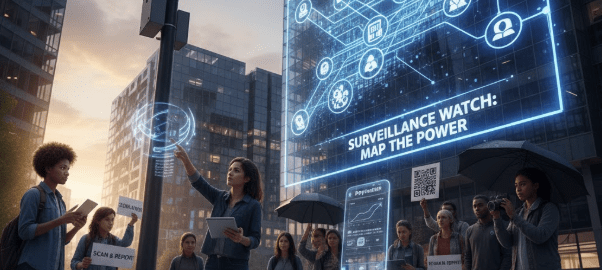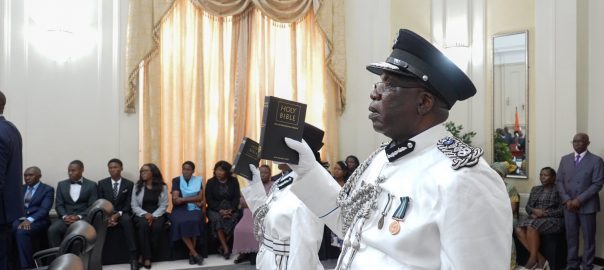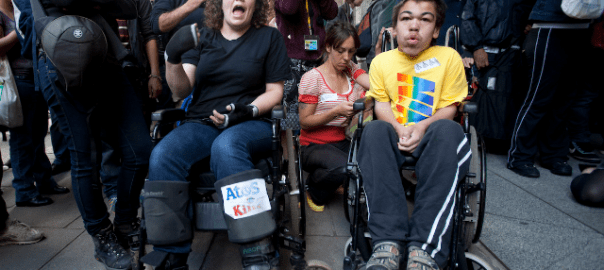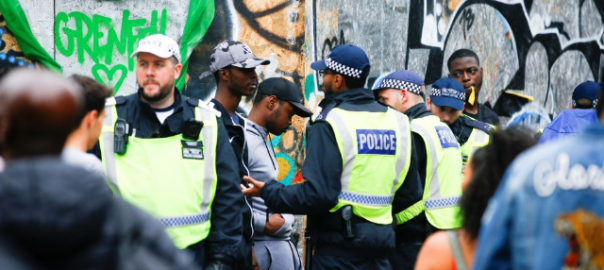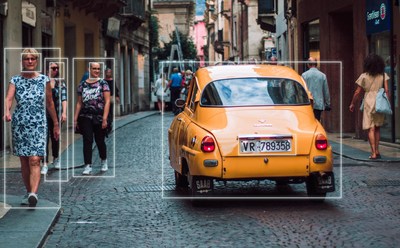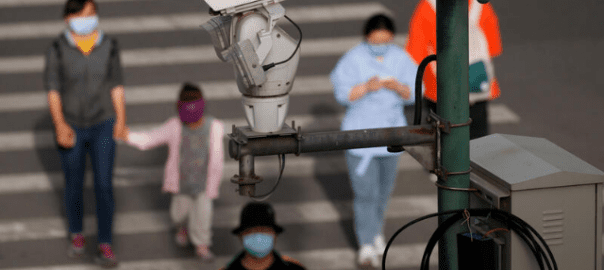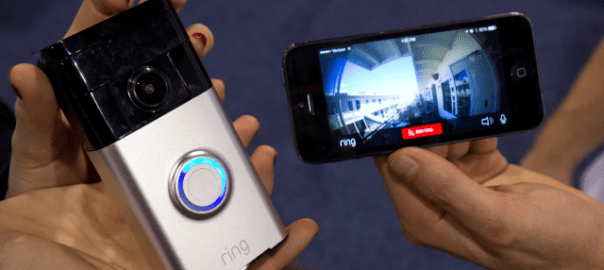Jan. 9, 2026 /Mpelembe Media/ — This initiative, modeled on the Surveillance Watch concept, empowers citizens to transition from passive subjects of monitoring to active participants in privacy oversight. By leveraging a decentralized network of volunteers, the project creates a high-resolution, grassroots map of surveillance infrastructure—such as facial recognition cameras, license plate readers, and cell-site simulators. The framework addresses the inherent risks of community activism (such as data inaccuracy and volunteer safety) Continue reading
Tag Archives: Law enforcement
Common sense policing
Home Secretary Suella Braverman gave a speech at The Public Safety Foundation to set out her ethos for common sense policing.
This speech has been edited to remove political content. Continue reading
Zambia’s Inspector General of Police Graphel Musamba
Digital welfare dystopia
By Samuel Woodhams | Digital rights researcher and journalist
|
Algorithms to determine welfare payments and detect fraud are becoming standard practice around the world. From Manchester to Melbourne, peoples’ lives are being shaped by secretive tools that determine who is eligible for what, and how much debt is owed. Although the technology has been around for some time, the outbreak of COVID-19 renewed enthusiasm for the digital welfare state and, for thousands of cash-strapped public bodies, the promise of increased efficiency and lower costs has proven irresistible. |
Gangs, drill music, and police databases
| The Met has overhauled its ‘Gangs Violence Matrix’ database following a legal challenge by human rights organisation, Liberty. The tool is used by the police force to identify and monitor people suspected of being involved in gang-related crime. Continue reading |
Neurotechnology Announces the Release of SentiVeillance Cluster, Ready-to-Use Software for Surveillance Systems with Clustered Architecture Implementation for Smart-city-scale Projects
Neurotechnology, a provider of deep learning-based solutions and high-precision biometric identification technologies, today announced the release of SentiVeillance Cluster for real-time biometric face identification, tracking of people and vehicles and automatic vehicle license plate recognition. The solution has been designed for expansive surveillance systems supporting continuous video streams from multiple servers. It provides operators with structured and sorted live data, enabling faster decision-making in a variety of scenarios, including law enforcement, security and smart city monitoring applications. Continue reading
Facial recognition: An ethical policing tool?
By Samuel Woodhams | Digital rights researcher and journalist
| Facial recognition technology made headlines again last month as researchers at the University of Cambridge, UK said that the UK police’s use of the technology was unethical and potentially unlawful. The report from the Minderoo Centre for Technology and Democracy urged police to stop using live facial recognition (LFR) in public spaces and said trials by the Metropolitan Police and South Wales Police failed to meet the “minimum legal and ethical standards.” Continue reading |
Video doorbells: security or surveillance?
By Samuel Woodhams | Digital rights researcher and journalist
| Video doorbells are everywhere now, sold as a modern security solution that can help protect your home and belongings. They let you greet guests remotely, deter would-be parcel thieves, and could even reduce the cost of your home insurance. Continue reading |

